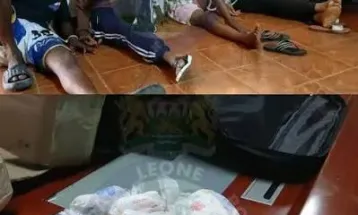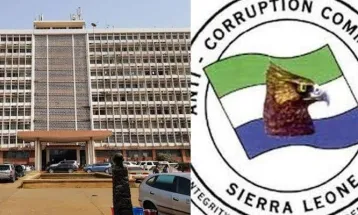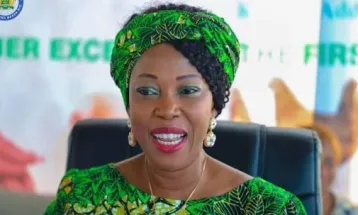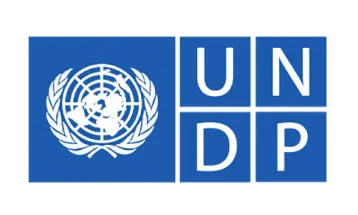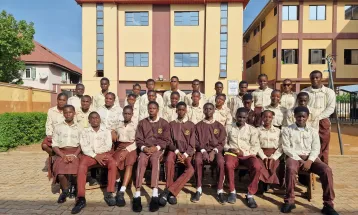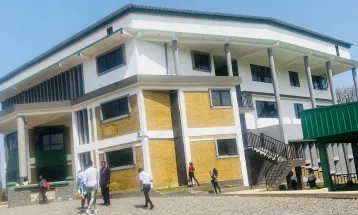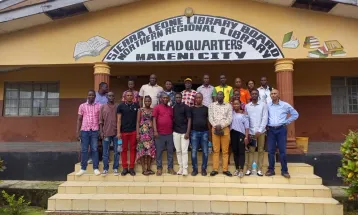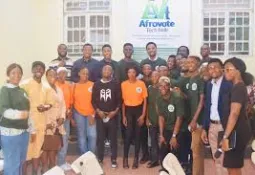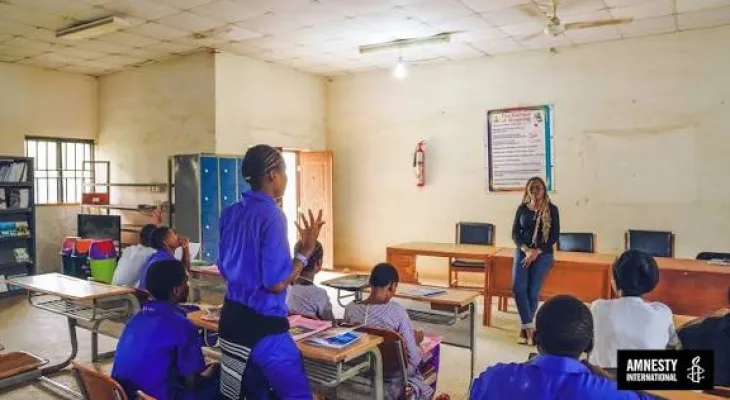
Amnesty International Sierra Leone Brings Human Rights Education to the Classroom
Amnesty International Sierra Leone has taken its human rights education campaign to schools, visiting Limount College Secondary School and the Sierra Leone Grammar School on October 6 and 7, 2025. The initiative aims to help young people understand their rights and responsibilities as citizens while promoting accountability and social justice.
Christiana Mary Fabai, the organization’s Gender and Disability Officer, said the goal is to raise a generation that knows not only how to demand their rights but also how to fulfill their civic duties. She explained that schools are the best place to start because pupils spend most of their time there, and early education about human rights can shape responsible citizens for the future.
She shared that Amnesty International, founded in 1961, has grown into a global movement with millions of members across over 150 countries. Since its establishment in Sierra Leone in 1982, the organization has reached more than 25 schools and community groups, teaching young people about their rights and the importance of accountability.
Fabai also warned pupils about the dangers of drug abuse, particularly the growing use of Kush, which she described as one of the biggest threats to young people’s health and future. She urged students to understand that protecting their bodies and minds is part of protecting their human rights.
Abu Bakarr Maurice Keita from Amnesty International discussed how climate change affects human rights, linking flooding and food insecurity to violations of basic needs such as life, shelter, and food. He emphasized that both governments and corporations must be held accountable for their actions that harm the environment and people’s well-being.
Other team members, Rachel Kargbo and Istau Doris Conteh, spoke about bodily autonomy and reproductive rights, stressing that women must have the freedom to make their own choices about their bodies and futures.
Students were deeply engaged throughout the sessions. Limount College student Amarachi Oparah said the discussion on girls’ rights was empowering, encouraging her and her peers to value and protect themselves. Similarly, Mark Andrew Jusu, Deputy Head Boy of Sierra Leone Grammar School, said the talk opened his eyes to issues like abuse and gender equality, and he plans to share what he learned with others.
Amnesty International Sierra Leone said its school visits are part of a broader mission to build a culture of respect for human rights from an early age. The organization plans to continue the program next week in schools across the Eastern part of Freetown, focusing on rights education, drug prevention, climate justice, and responsible citizenship.

